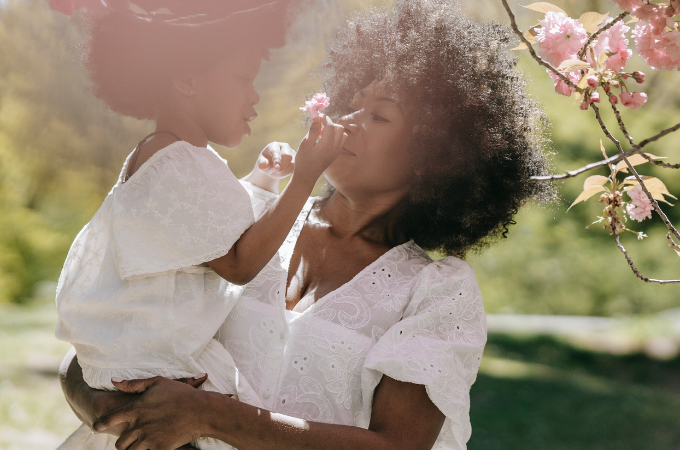
My mother once told me that the world is made of stories. She told me that reality is woven from them, these ancient and forever things. It was one of the lessons she gifted during late summer afternoons when the sky would open and fat droplets would freefall soaking into the Earth. Before the downpour began, a solemn air would amplify the cicadas crafting an invisible prelude to the storm and I would listen. As my hair rested in the roundness of her neck, she would tell me that in some stories, the world was made of circles which lent itself to a gentle, flowing balance. In others, it was made of lines that created hierarchies of truth and urgent invisibilities.
Other days, she would adjust my head gently as I sat between her legs, her patient hands working magic. She would tell me that belief in particular stories (of land, of life) would dictate if others would praise actions or demonize them, uplift them as logical or shove them in the basket of fable. She would tell me that I needed to be sure to keep watch because some stories would be hard to recognize because they’d be wearing garments of truth, dressed as fact and immovable certainties. She would tell me how stories build on one another, become more destructive with reach, power, and age. So that a young child convinced of one that discards with scorn the nonhuman world will persist in this way, adding her influence to the web of like-minded others, to the structures and institutions that too uphold it. She would tell me that I would encounter stories often, that as the bearers of memory, they were most often invisible things, but that belief (or nonbelief) in their myths created something indisputably real.
“If they’re invisible how do you know the stories are there?” I would ask.
“Look,” she would say. “Listen,” she would add. “What they create is all around you.”
Our love was steady, as was our life. Not in the least because she placed her wisdom like stones to stop the rise of the sea. So, used to a sober calm, my soul was caught suspended when she said, “Pray for Eté. She’s been taken to hospital.”
“For what?” I ask sharply, hoping a moment later that with the gravity of the topic, my mother will forgive my tone. Eté Yetsa is the only one of her father’s siblings still living.
“She suffered a stroke. Doesn’t remember anything.”
***
I am 7. Sitting outside on the far right of the lunch table. I open the green container waiting at the top of my lunchbox. I set two grapes into my mouth and chew slowly watching Glory make her way over to my table.
She takes a seat and peers at me from under her cap. I meet her gaze as the sun cuts across her face and she forces her eyes into a squint. Our eyes stray, both drawn to a large ant beginning to make its way across the table, over and under the surface with gaping holes. It moves steadily and it occurs to me briefly that it is going somewhere. It reappears and she lifts her index finger, crushing it. Its corpse dissolves into nothing, barely making a smudge as she wipes it across her jeans. My eyes search for it in the wake of her hand and I spot a speck on the ground. It could be one of those miscellaneous spots that litter every pavement but I choose to believe otherwise. The knowledge that Glory couldn’t disappear this thing, could not vanish it completely comforts me. “Ants don’t matter,” she says with such confidence that my words fly back to where they came from.
***
I am five. My great aunt offers her hand to me to watch as an ant crawls round and round as her wrist twists. Her hands are worn with time but still hold steady. We are out in the middle of the backyard laying on a checkered blanket as the spring sun thaws our skin and it is her last day here visiting us before she returns home. She places the small ant down gently and wishes him well.
Photo by Barbara Olsen from Pexels


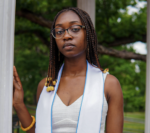
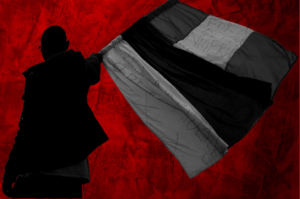
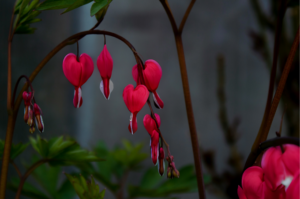
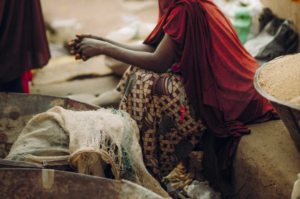
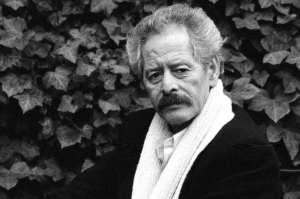
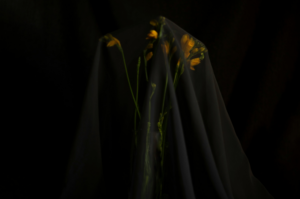


Evaleni December 12, 2022 08:21
I love this. I love the retrospection in this piece and look forward to reading more from you!